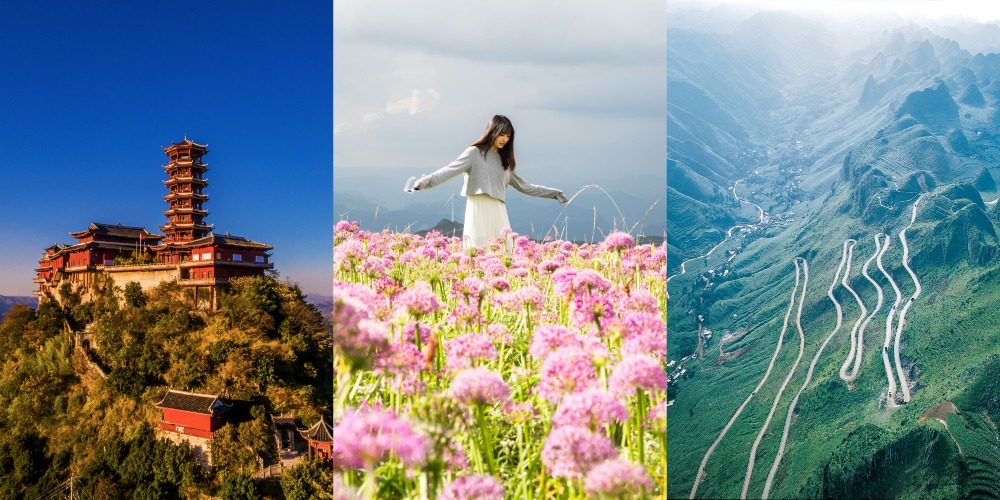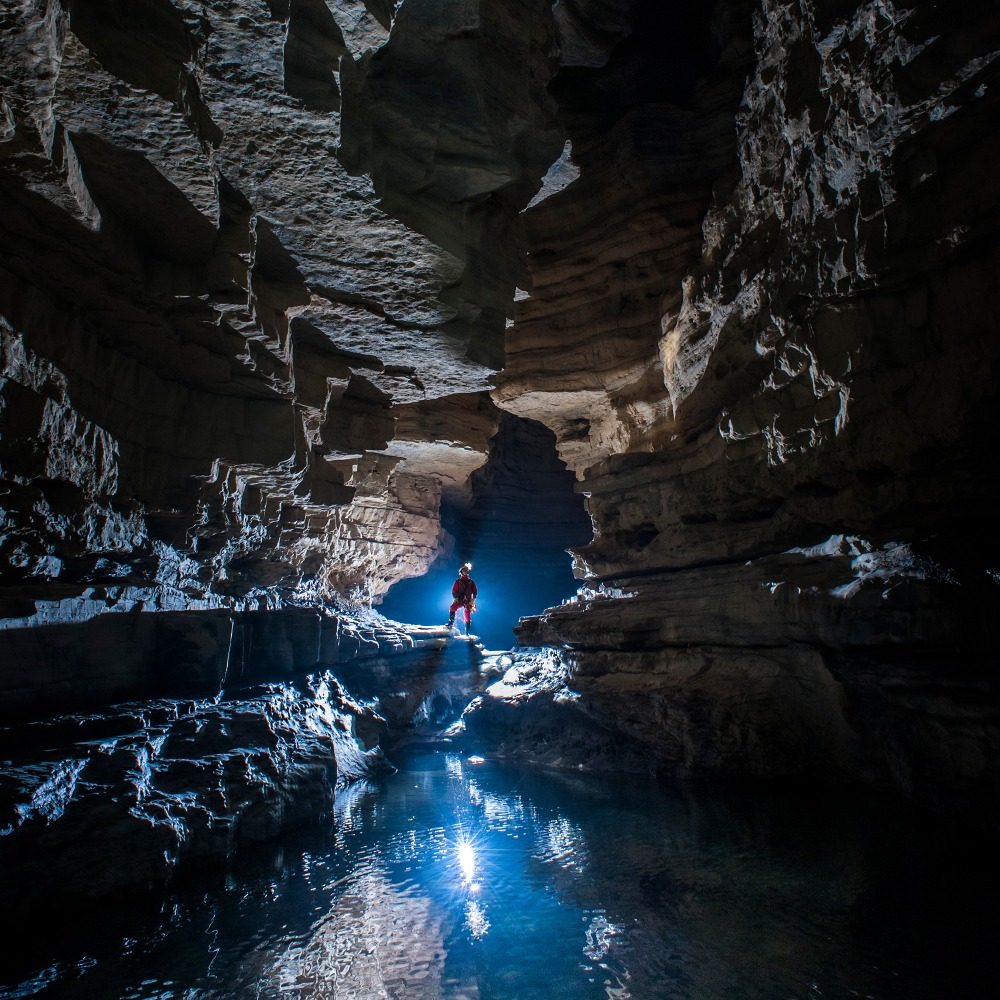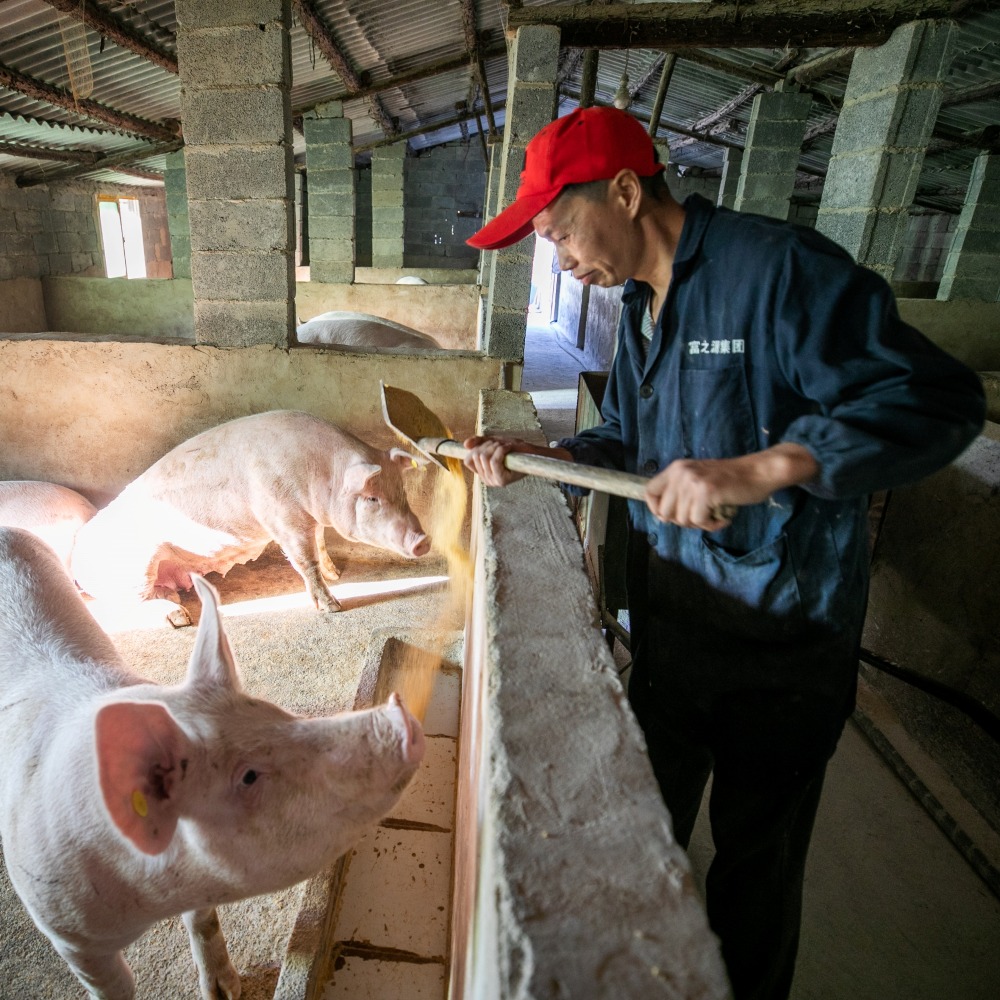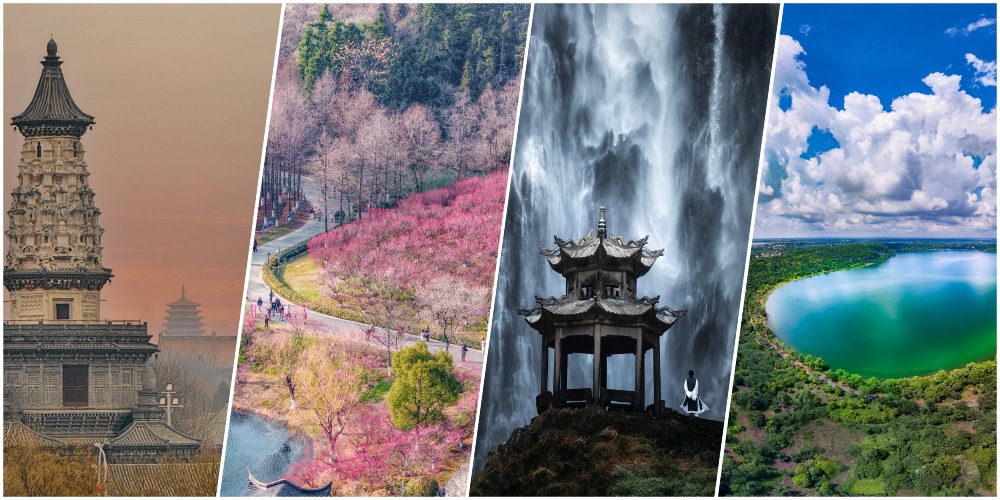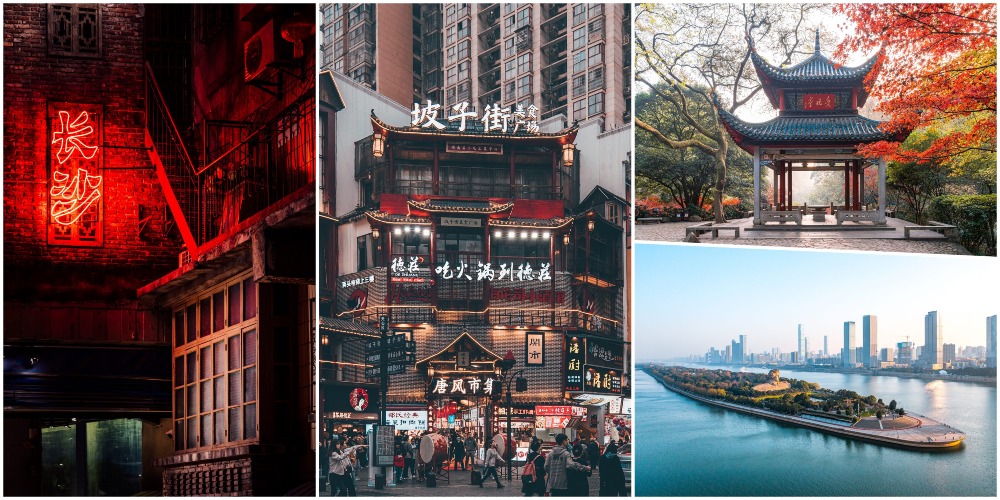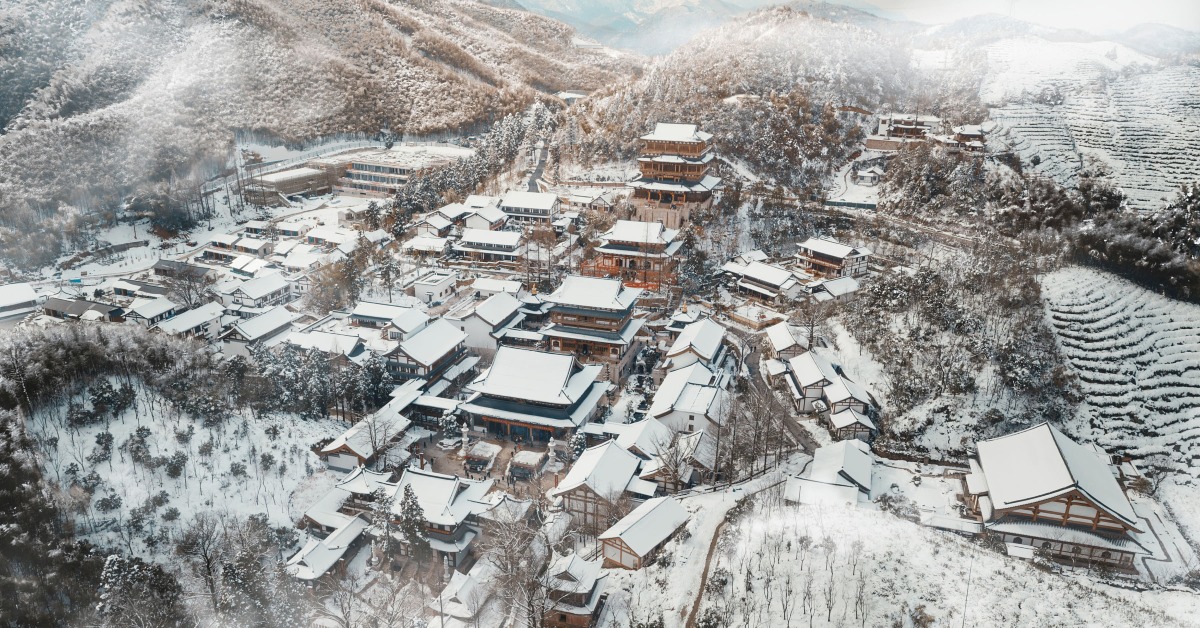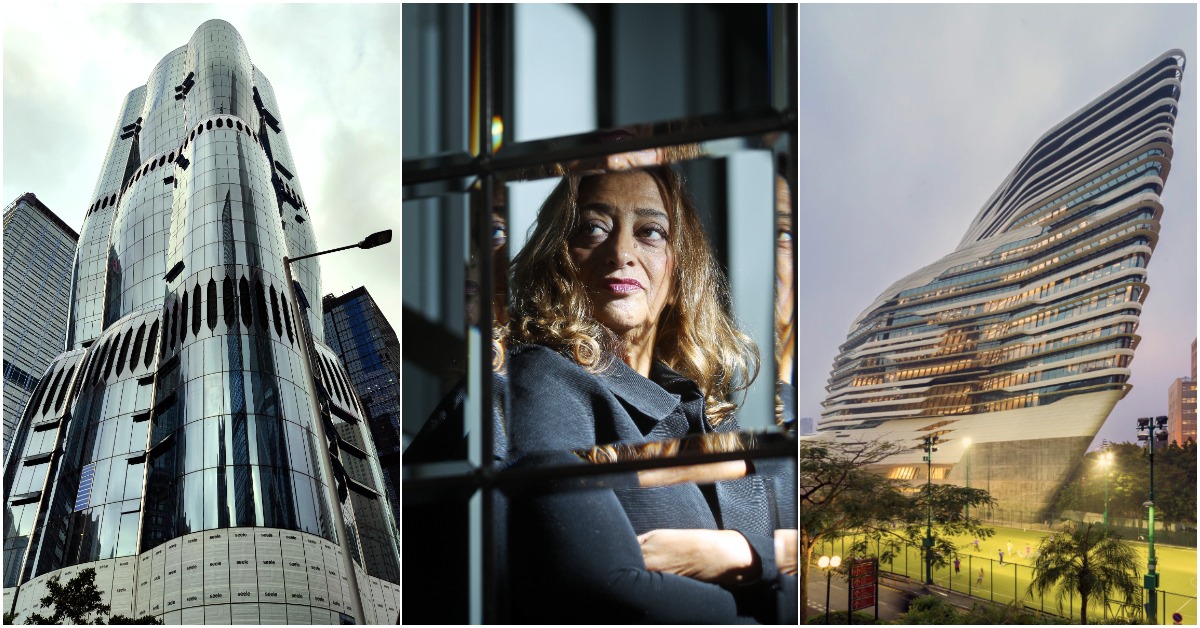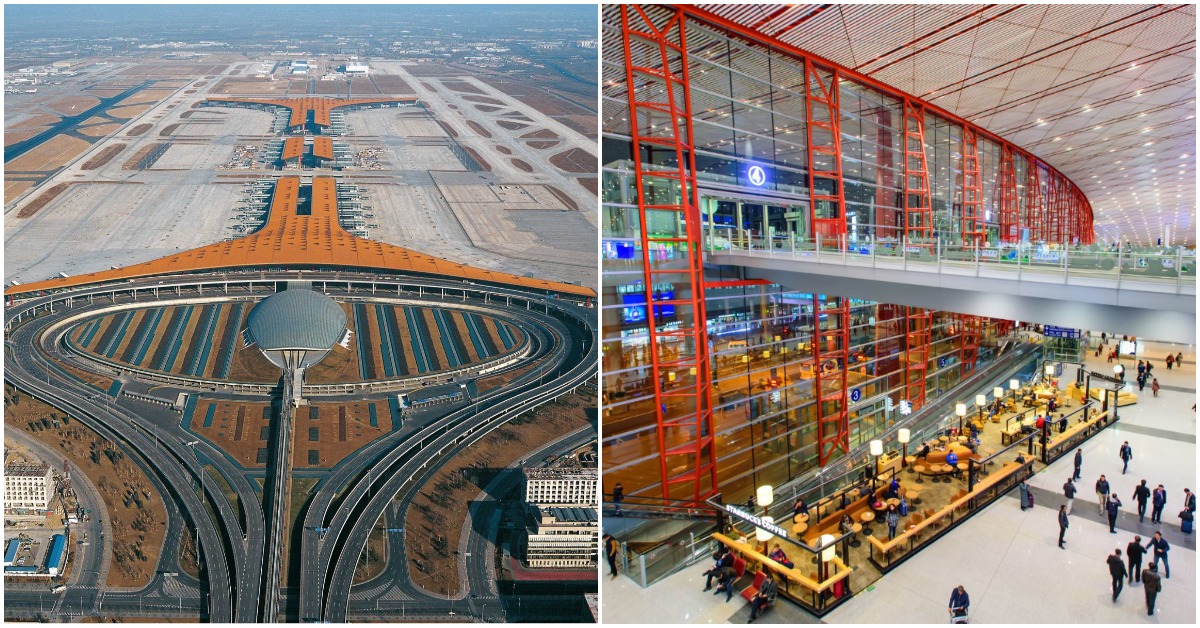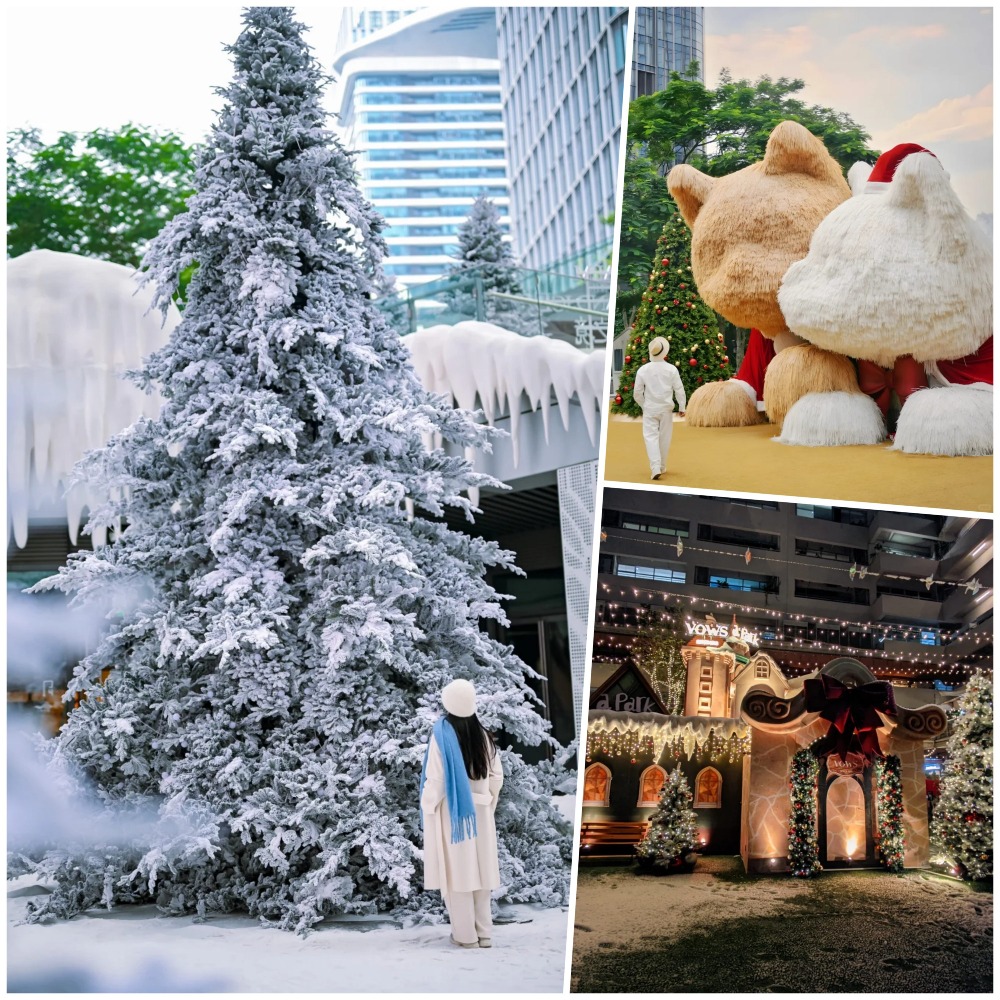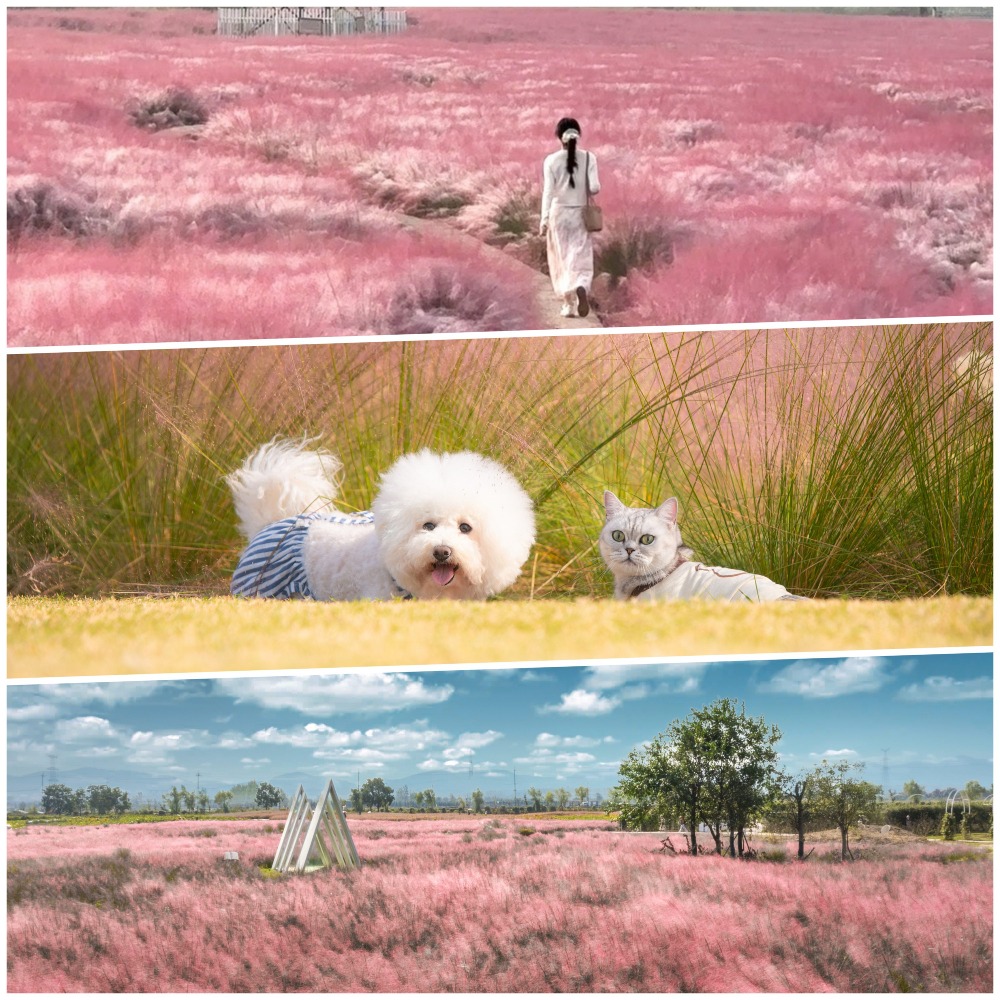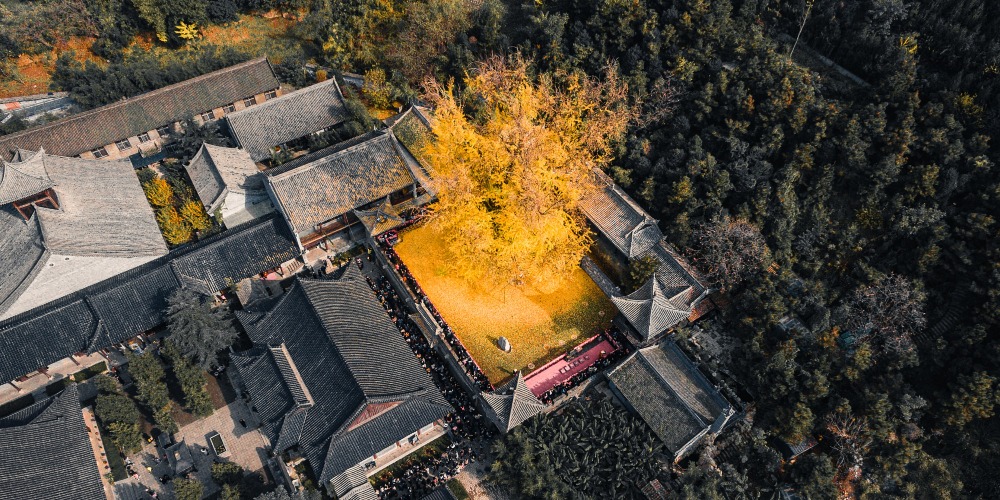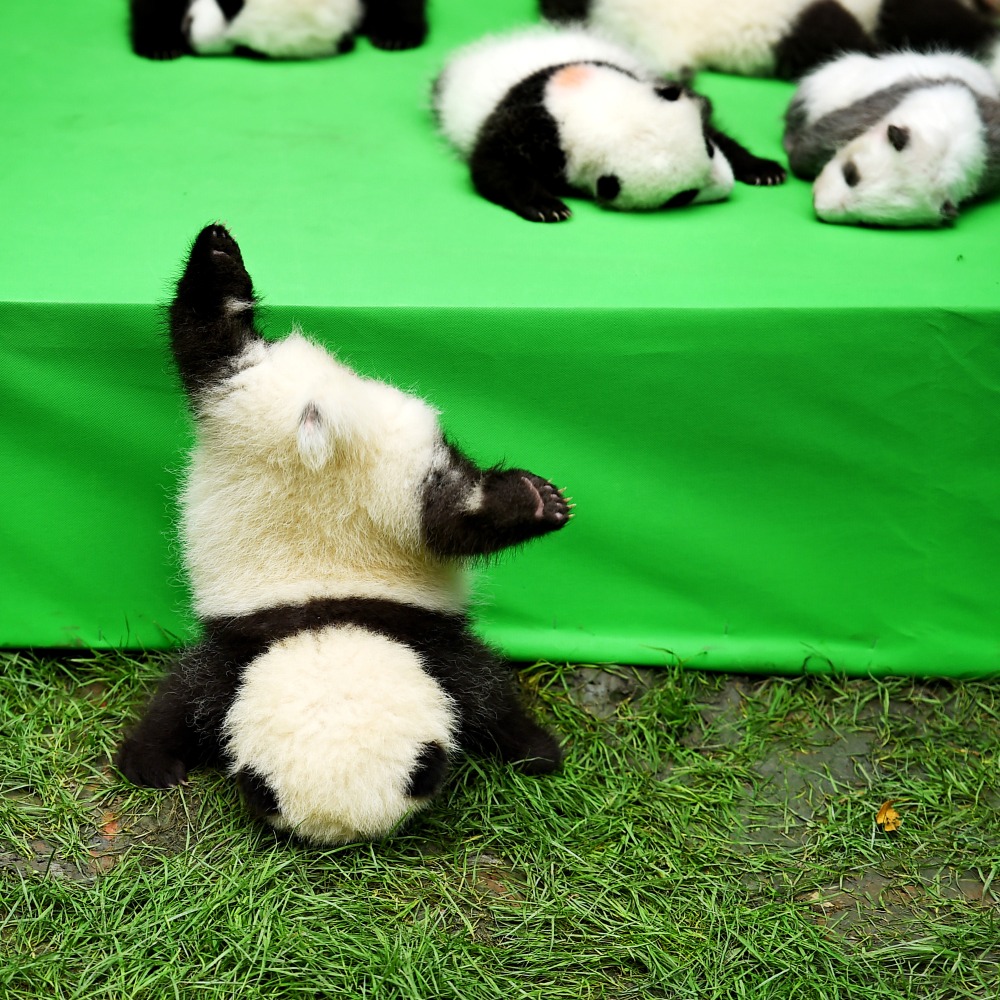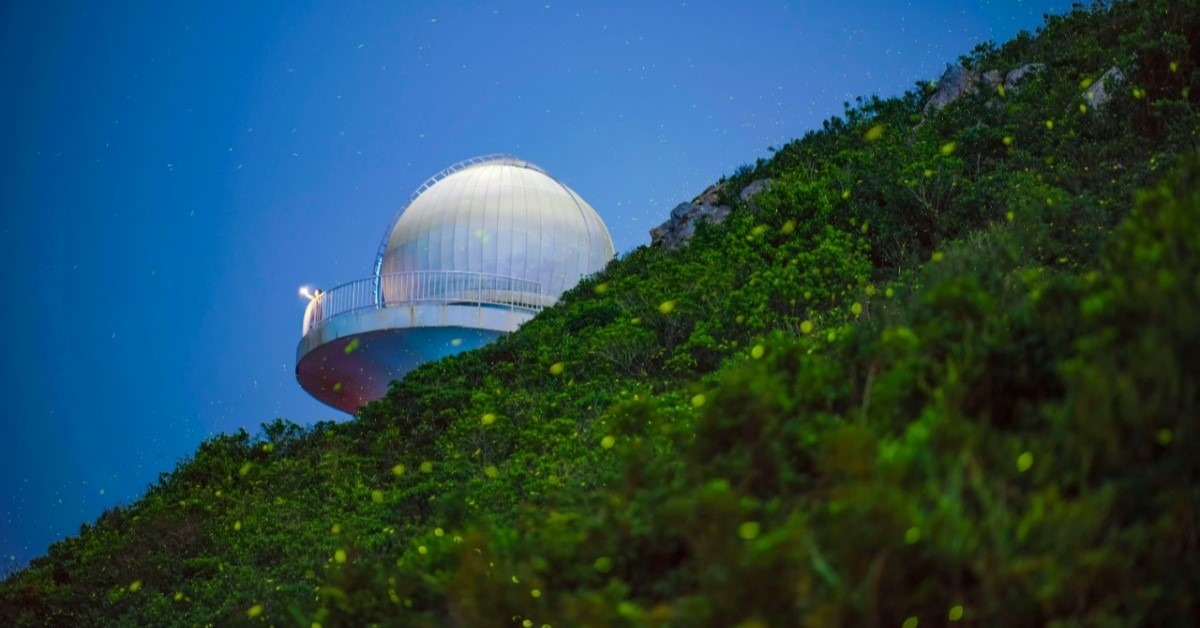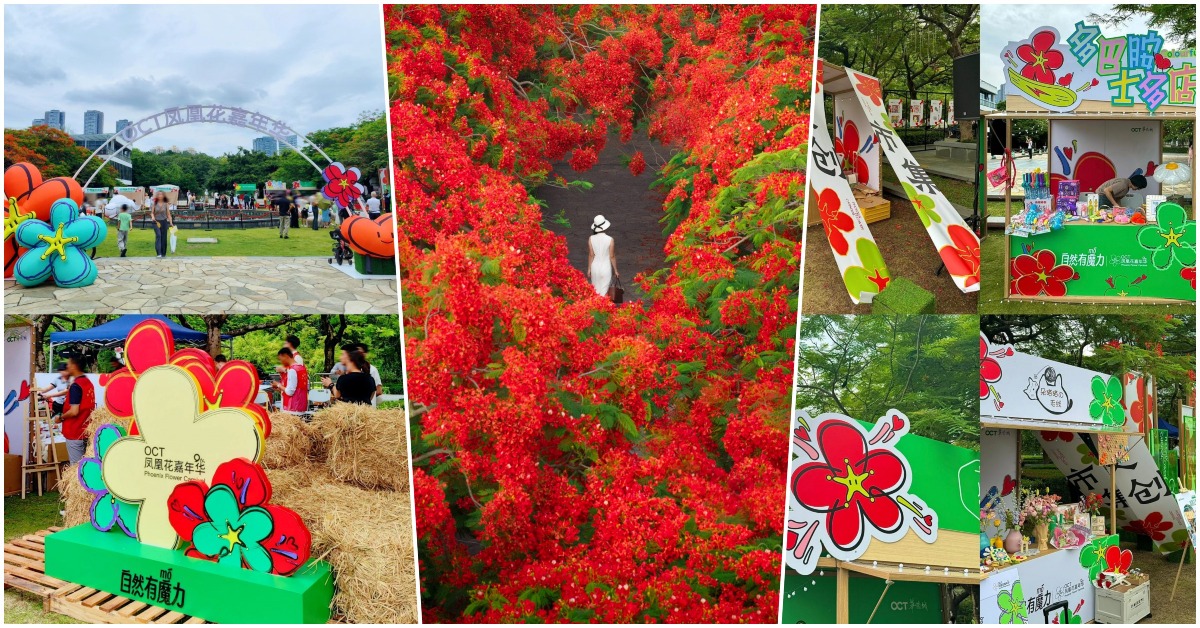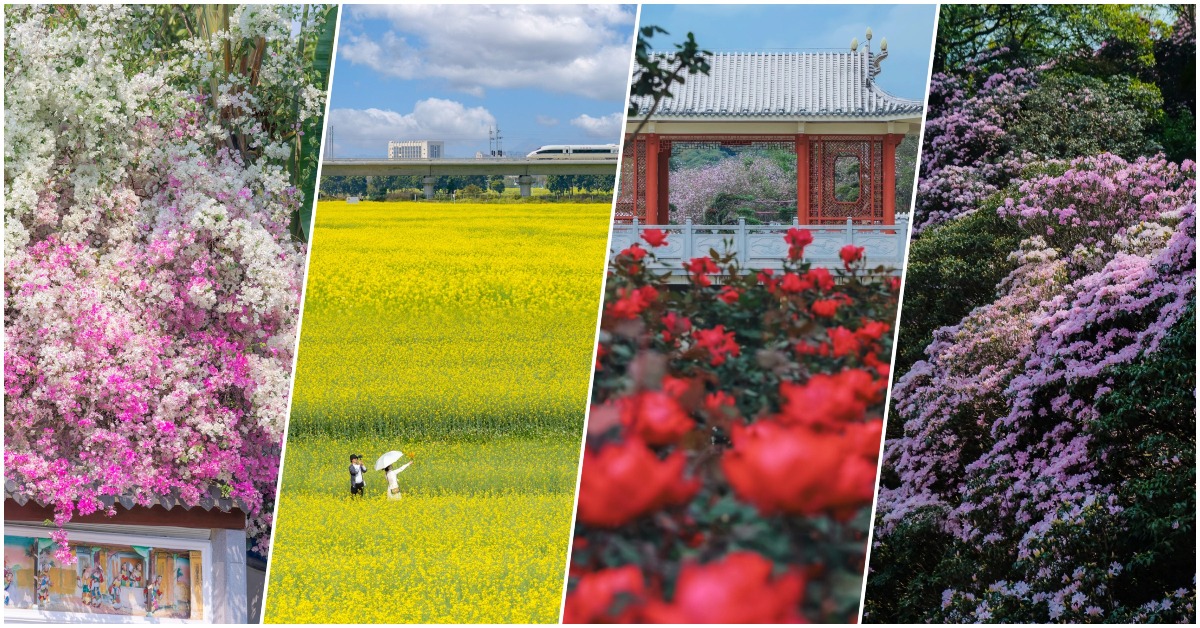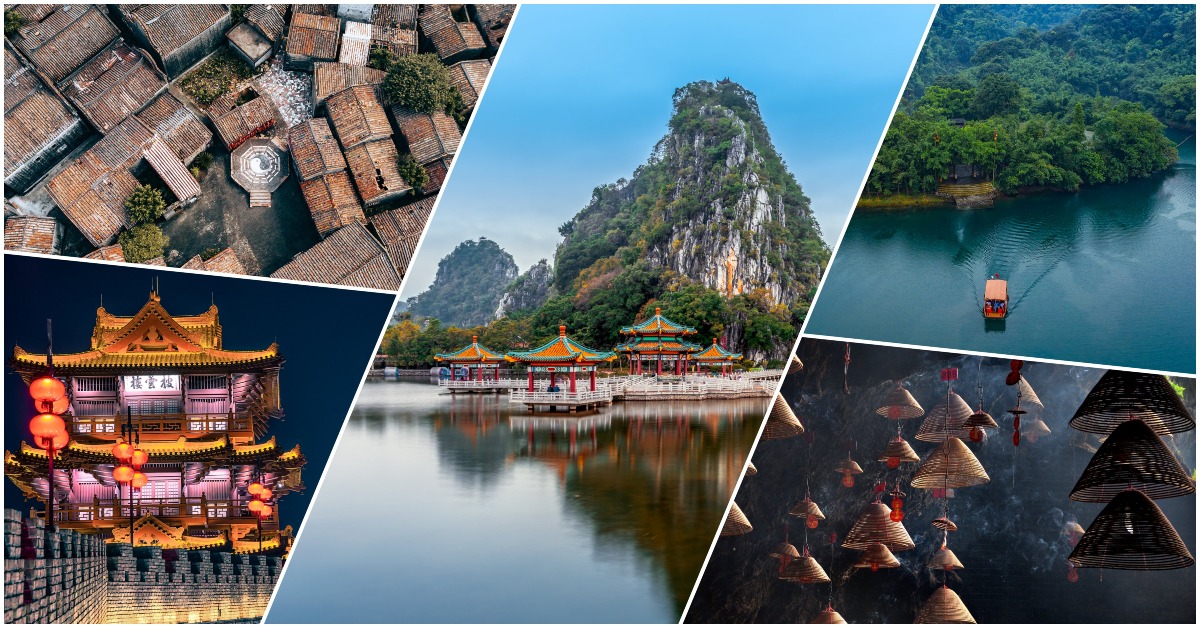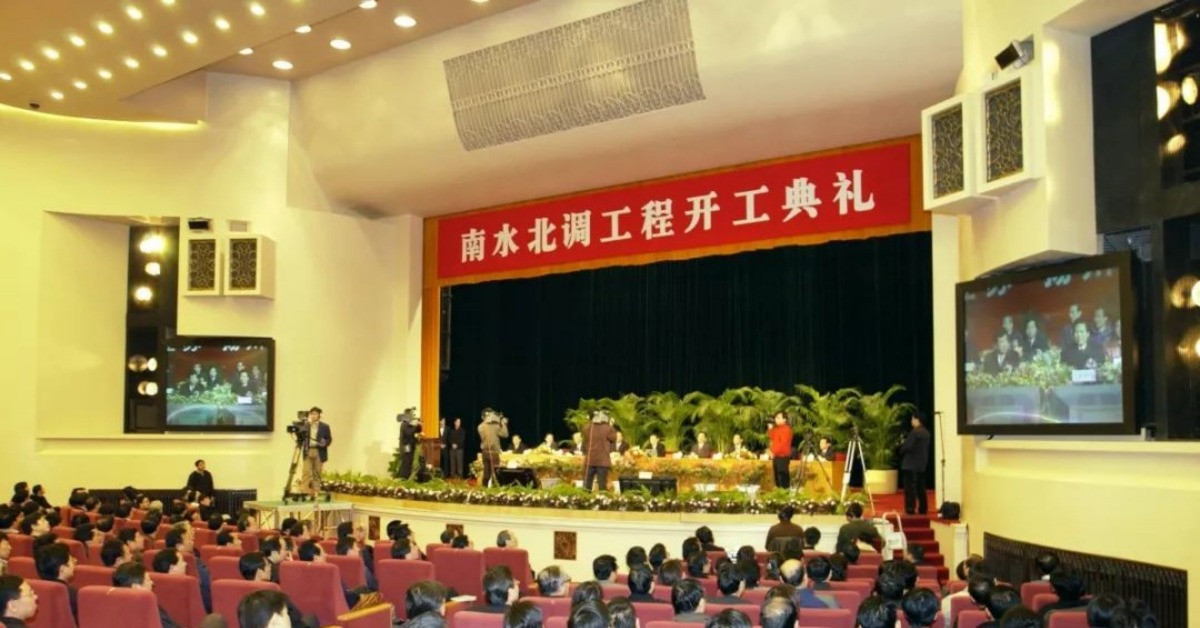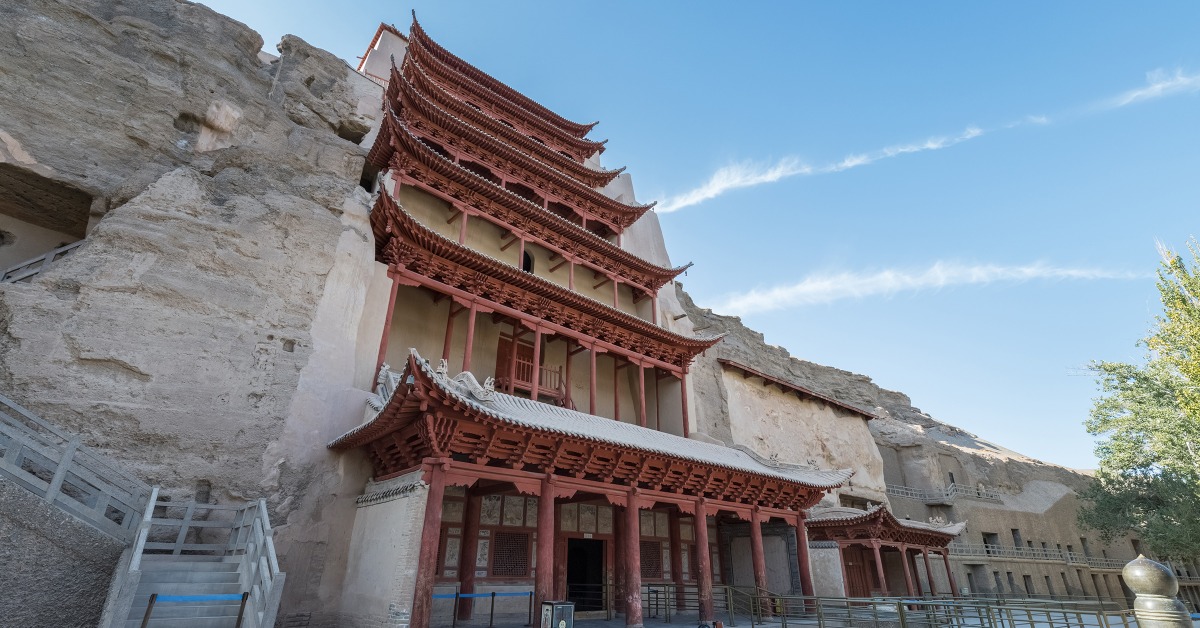Published : 2024-07-23
There is a place in Guizhou Province where the average temperature in summer is only 20˚C. This place is known as the "Cool Capital of China"— Liupanshui (六盤水).
In addition to the cool and comfortable weather, the natural environment of Liupanshui is also captivating, with many fascinating natural sceneries, making this place one of the top destinations in China during scorching hot summertime.
Average annual temperature of 15˚C
When mentioning a summer spot in China, one place that certainly comes to mind is Liupanshui in Guizhou.
Liupanshui is located in the Wumeng mountain area (烏蒙山區) in western Guizhou. The average annual temperature is only 15˚C, and in summer, the average temperature is around 19˚C to 20˚C, making the local weather very cool and comfortable all year round.
With such a unique climate, Liupanshui has been awarded the title of "Cool Capital of China" by the China Meteorological Association, becoming the first city in China to be named for its climate features.

With its comfortable weather and enchanting landscapes, Liupanshui is considered by many travellers as a must-visit summer spot. Let's see what the top five popular attractions in Liupanshui below!
Read more: Ice jelly: A classic summertime dessert in Sichuan cuisine
Explore the beauty of Wumeng Grassland
The Wumeng Grassland, is the largest plateau grassland in Liupanshui. It has not only beautiful lakes and azalea forests but also a rich cultural heritage of the Yi ethnic group (彜族).
The Wumeng Grassland has over 40 natural and cultural attractions, such as the prairie ranch, the Yi ethnic village, and the celebration of the Yi's "Torch Festival."
Among these, the "Prairie Buddha's Light" (草原佛光) is the most magical of all natural wonders.
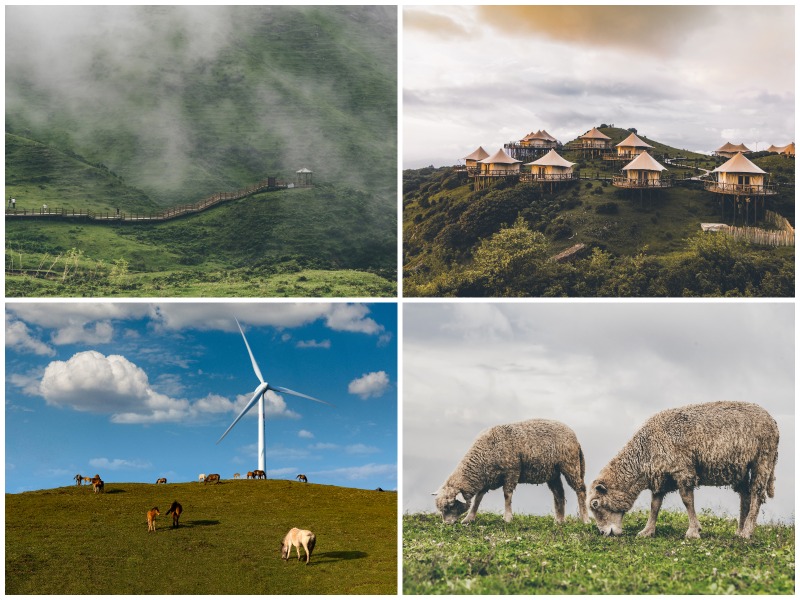
Buddha's light is actually an optical phenomenon formed under special climatic and geographical conditions. When sunlight meets water vapour formed by sudden weather changes, Buddha's light will appear.
In China, this mystical spectacle can only be seen in a few places, including Sichuan's Emei Mountain (峨眉山), Guizhou's Fanjing Mountain (梵淨山), and the Wumeng Grassland.
The "Prairie Buddha's Light" in Wumeng Grassland can be observed during the spring, summer, and fall, generally from 4 to 6 PM.
Tuole Village: The hometown of ancient ginkgo trees
In addition to possessing the largest plateau grassland, Liupanshui also has the world's densest and best-preserved ancient ginkgo trees in Tuole Village (妥樂村), which was established during the Ming Dynasty period.
Tuole village is a national 4A grade scenic area with more than 1,200 ginkgo trees. The average age of these trees is more than 300 years, with the oldest one being 1,500 years old.
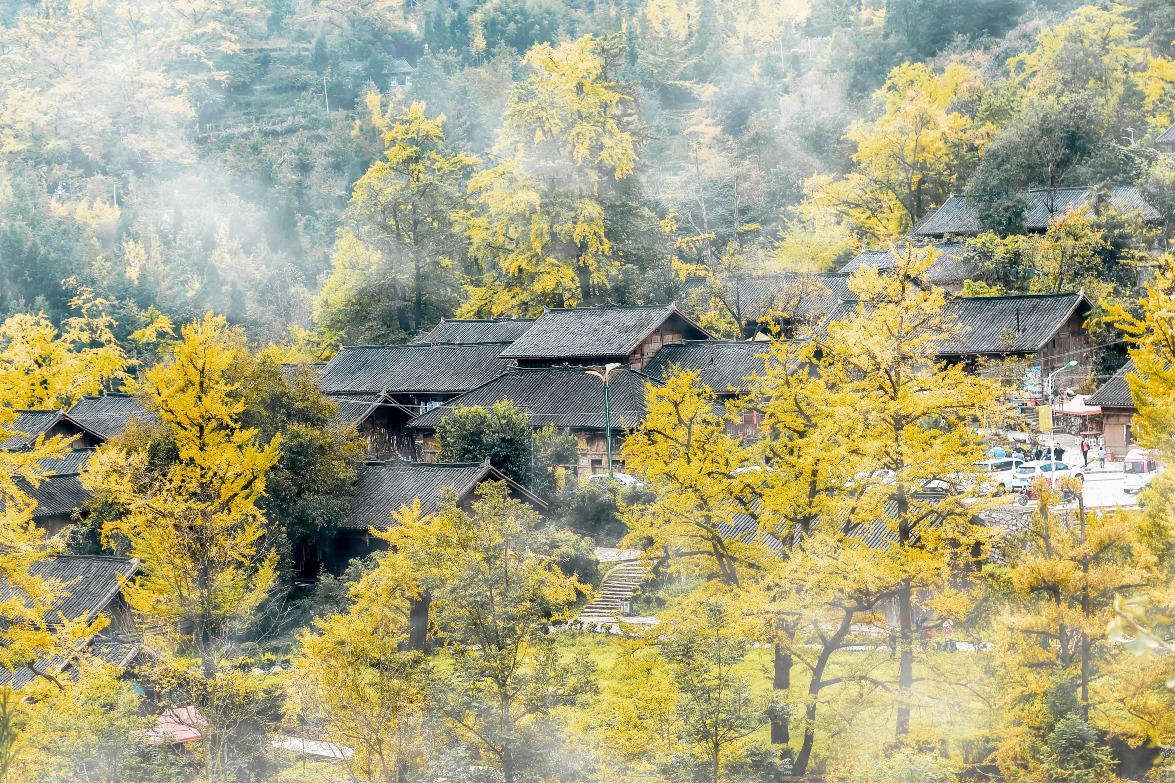
The tree trunks reach several tens of meters high. This place is known as the "Hometown of World Ancient Ginkgo."
The ancient trees in Tuole Village form a picturesque and beautiful scene. Especially when the ginkgoes are in full bloom in the autumn, the whole village is immersed in bright yellow, resembling a scene from a painting, inducing a sense of intoxication for visitors.
Panzhou Dadong bamboo scenic spot: A natural "oxygen bar"
In Panzhou, not far from Liupanshui, there is a scenic area called Dadong Bamboo (大洞竹海) Scenic Spot, which has more than 30,000 acres of bamboo forests and is very spectacular.
With charming views of the bamboo trees, clear and sweet bamboo root water, strong and mellow bamboo root wine, the Dadong Bamboo Scenic Spot offers not only a beautiful natural environment but also fascinating local customs. It's an ideal destination for leisure and health care in summer.

Read more: Travelling to Hunan to experience the wonders of Xiaodongjiang in the mist
Jiucaiping Scenic Spot: Explore the beauty of wild Chinese garlic chives
Jiucaiping (韭菜坪), which straddles the town of Dawan in Liupanshui and Bijie, consists of two peaks, the large Jiucaiping (大韭菜坪) and the small Jiucaiping (小韭菜坪).
Both large and small Jiucaiping have their own unique scenery. Big Jiucaiping has the world's largest wild Chinese garlic chives and the only wild Chinese garlic chives protection area in China.
Small Jiucaiping, the highest peak in Guizhou, has a large number of unique stone forest wonders.

The blossom period for chive flowers is from August to September each year. During that season, there's also the Jiucaiping Yi Culture Festival in the area.
You can experience the Yi Torch Festival activities, such as dressing up in festive clothes with the Yi people, lighting torches, singing and dancing. There're also excellent performances by local folk artists.
Besides enjoying the flowers, you can also immerse in Yi culture, which is quite an experience!
The Huguo Temple on Danxia Mountain
Besides the abundant and magnificent natural sceneries, Liupanshui also houses many historical and cultural landscapes, such as the Huguo Temple (護國寺) located on Danxia Mountain (丹霞山).
The Huguo Temple, built in the Ming Dynasty, houses a collection of relief artefacts which include the gifts from Emperor Guangxu, such as Dhamma books, kasaya, jade seals, gold bowls and more.

In addition to several royal collections, the temple also has Jade Buddhas, Guanyins, Golden Maitreya, and Ksitigarbha, which were donated by Buddhist communities from all over the world.
These Buddha statues are all exquisitely carved and are considered as the finest works of Buddhist sculpture. Known for its scenic spots and historical sites, including the Jade Buddha Temple, the Huguo Temple has become a site where tourists would never miss!
Read more: Take a century-old train tour and marvel at the countryside landscape of Yunnan
